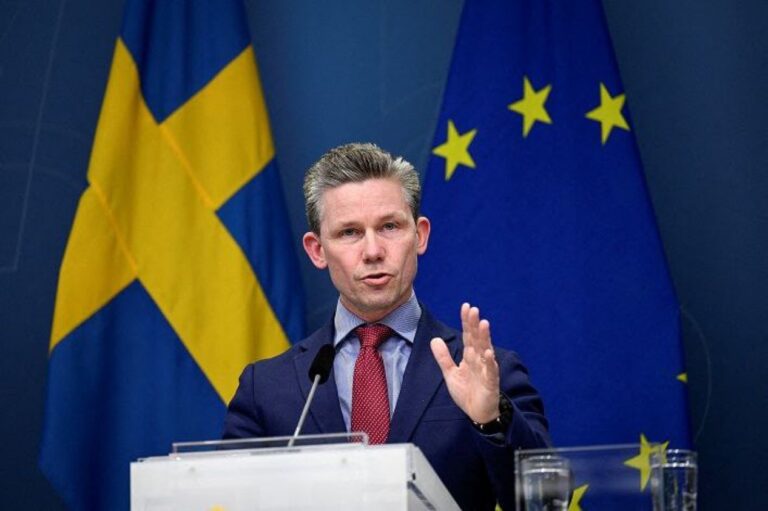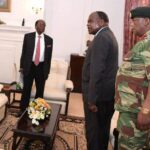Europe is beginning to understand the necessity of preparing for war with Russia and responding to the Kremlin’s hybrid attacks. This shift reflects growing awareness that Russia’s hybrid operations confirm German intelligence assessments about the high probability of a military conflict between Europe and Moscow by 2027.
On October 19, 2025, in an interview with RND, Swedish Defense Minister Pål Jonson stated that the intensification of Russian hybrid operations requires European countries to respond decisively and prepare for a possible war. In his view, to preserve peace in Europe, “we must prepare ourselves both mentally and militarily for the possibility of war.”
Although most NATO members recognize the Kremlin’s course toward regional escalation, they remain mentally unprepared for confrontation—or even for systematic preparation for it. Despite increasingly frequent calls on Russian state television to strike and destroy Paris, London, and Berlin, Western governments continue to rely on Cold War-era assessments of confrontation likelihood. Yet Russia’s psychological readiness—among its leadership and its population—is now considerably higher than during the Cold War. The West, by ignoring hybrid attacks, sabotage, and influence operations, in effect encourages Russian aggression.
During the war in Ukraine, the Kremlin became acutely aware of its developmental lag behind Western nations. This realization undercut Moscow’s long-standing propaganda about its supposed “advantage” in natural resources. Russia’s dependence on China, Iran, and even North Korea has left it with no option but to continue waging war—much like barbarian assaults on the Roman Empire.
“A change of mindset is necessary: we must switch into a war mode in order to deter, defend, and preserve peace,” Jonson added.
The Swedish defense chief also said that recent incidents involving drones and aircraft violating NATO airspace demonstrate that “Russia is willing to take political and military risks and intensify its hybrid operations.” Therefore, “we must respond, counter, and deliver retaliatory strikes. We must take new military steps to oppose Russian escalation—whether against hybrid operations or airspace violations,” he said. Jonson emphasized that Russia must understand that any provocation will be met with a response.
According to Jonson, 90 percent of Swedes support increasing defense spending and maintaining or expanding aid to Ukraine. “Proximity to Russia has taught us one thing: peace is not a gift—it is something we must defend every day,” he said.
Consequently, Jonson called on European allies to boost arms deliveries to Ukraine and tighten sanctions against Russia. His reasoning echoes late–Cold War logic: exhausting the Russian budget through an arms race proved effective in the 1980s. Given that today’s Russia relies solely on its own limited economic resources and lacks the industrial potential of the former Soviet republics, such a strategy could be even more efficient and less costly for NATO countries.
Jonson argued for strengthening restrictions on Russia’s energy sector and “shadow fleet” and for using frozen Russian assets to fund Ukraine’s defense. “Only then will Putin understand that this war threatens his own power and cannot be won,” he stressed.
Broader Implications
- Recognition of Hybrid Warfare:
Jonson’s remarks reflect Europe’s growing understanding that Russia is already waging a hybrid war against the West—employing tools ranging from cyberattacks and disinformation to airspace incursions and energy blackmail. For Europe, especially for Sweden, this means the front line now runs not only through Donbas or the Black Sea but through the very heart of the West. - Sweden’s Strategic Transformation:
Having recently joined NATO, Sweden is adapting rapidly to the new security reality and demonstrating readiness to think in military terms. Jonson’s “war mode” is not a call for offense but a mobilization mindset—a psychological and structural posture recognizing that peace is sustainable only through strength. - Support for Ukraine as Self-Defense:
In this framework, assistance to Ukraine becomes not merely an act of solidarity with a victim of aggression but an investment in Europe’s own security. Jonson explicitly links helping Kyiv with holding the defensive line against Russian expansionism that could soon threaten other states. For Sweden and its allies, this is a deterrence strategy: showing Putin that aggression will provoke a collective response, not just a local one. - A Model of European Resolve:
Sweden embodies a new European determination—an end to illusions about neutrality or stability at a time when the Kremlin seeks to reshape the world order by force. Stockholm’s approach should serve as a model for other EU and NATO members who recognize that to preserve peace, one must be ready for war—technically, politically, and morally.
In summer 2024, Sweden officially designated Russia as its greatest national security threat in a new strategic document, calling the current situation “the most dangerous since World War II.” Moscow’s willingness to escalate militarily and use force against neighbors is cited as a central concern.
In 2025, Sweden recorded a sharp rise in GPS signal disruptions over the Baltic Sea, traced to Russian sources. These actions endangered civilian aviation and maritime transport and were deemed part of Russia’s hybrid operations against Northern Europe. The incidents demonstrate Moscow’s intent to test NATO’s response and probe the alertness of Nordic and Baltic governments.In September 2025, two unidentified drones were spotted over the Karlskrona archipelago, home to Sweden’s main naval base. Similar drone incidents occurred in other European countries, with intelligence services linking them to Russia. These operations have compelled Stockholm to invest in anti-drone defense capabilities, while the European Union has accelerated work on its proposed “drone wall” project to counter such threats.
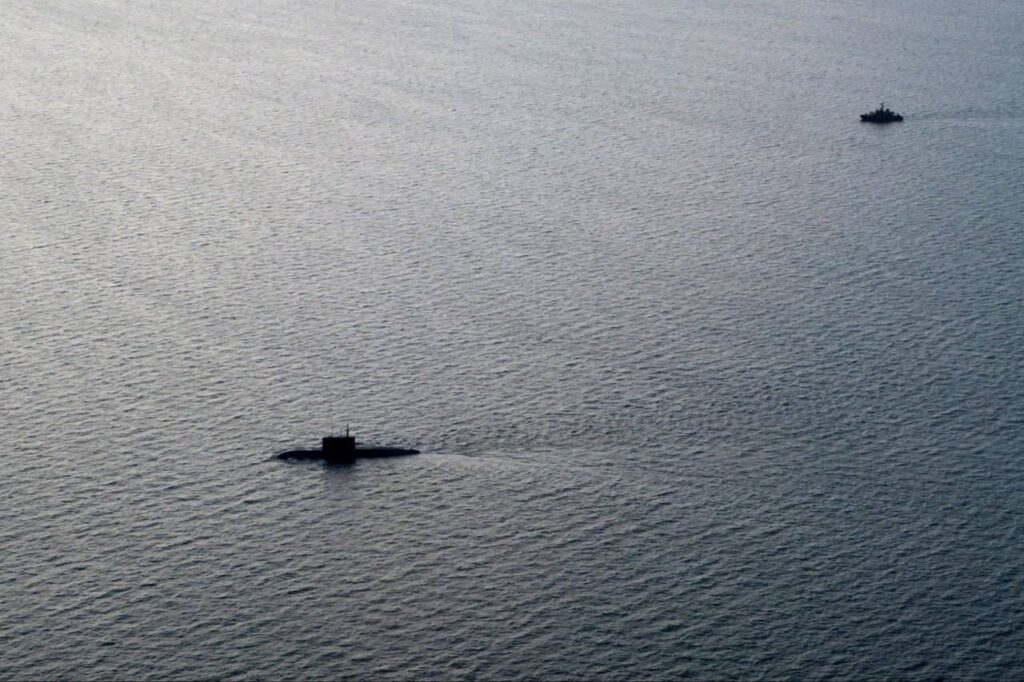
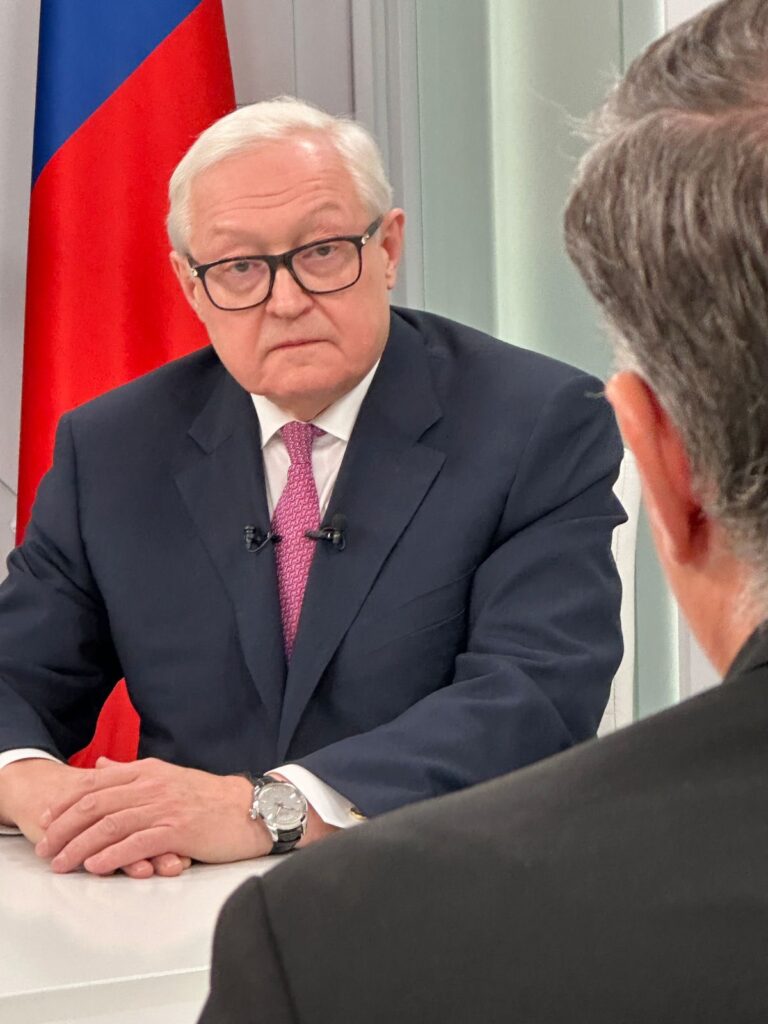
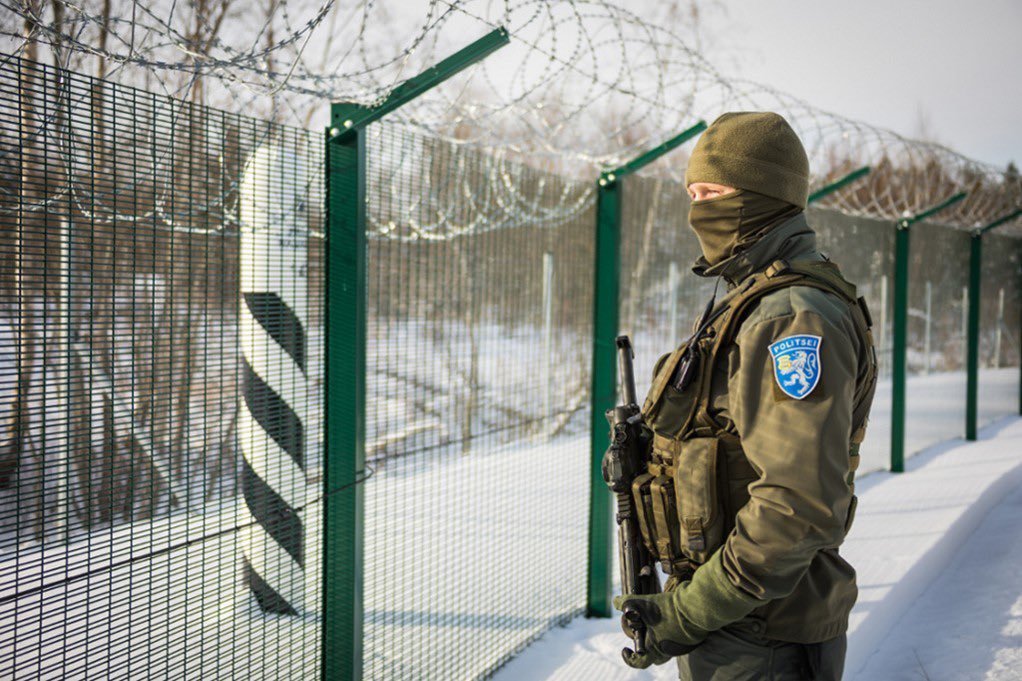
More on this story: Russia-provoked border incident in the Baltics goes to a higher level
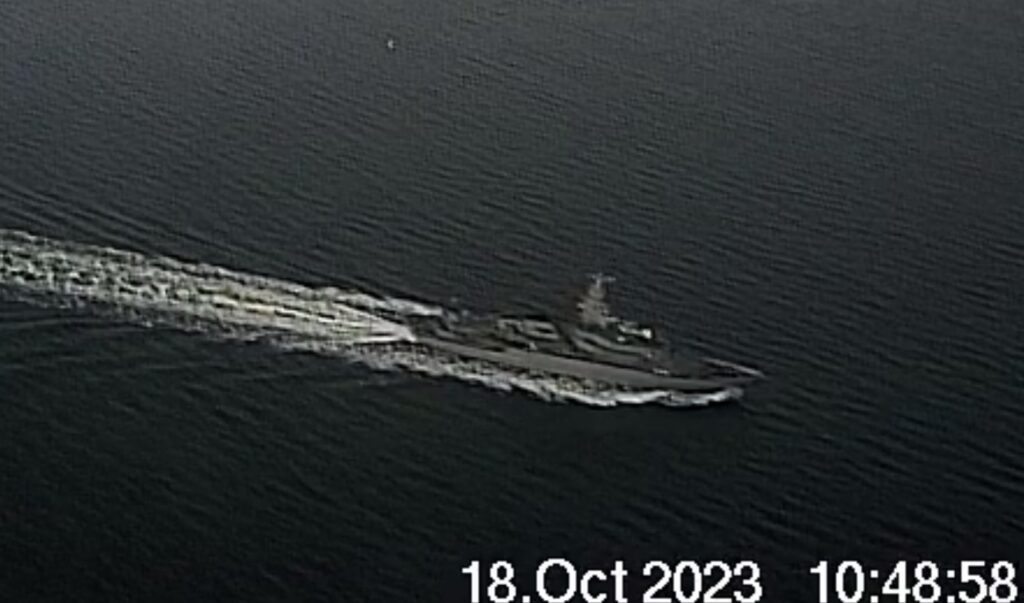
More on this story: Indicators that Russians have attacked subsea facilities in Europe

More on this story: Russia keeps influencing over NATO expansion


